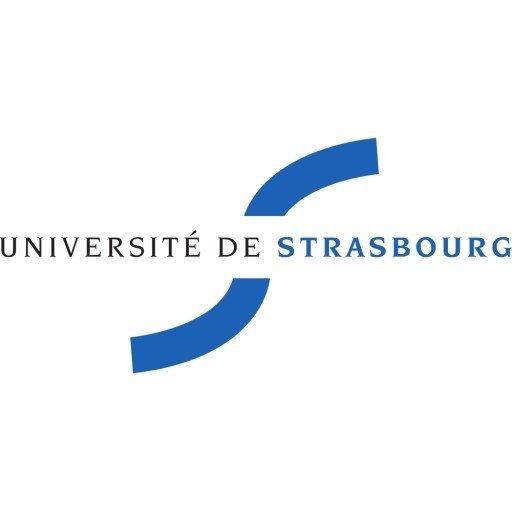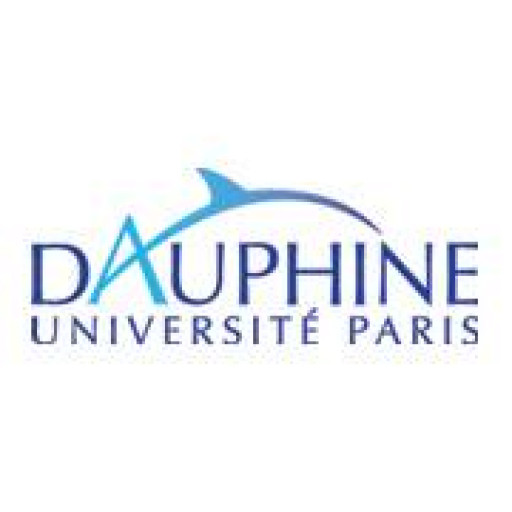Photos of university / #sciencespo
The Bachelor in European Affairs at Sciences Po offers an in-depth exploration of the political, economic, legal, and cultural dimensions of Europe. Designed for students passionate about European integration and policy-making, the program provides a multidisciplinary curriculum that combines political science, economics, history, and international relations, fostering a comprehensive understanding of European institutions, governance, and societal challenges. Throughout the program, students engage with core topics such as European Union policies, regional development, security, and diplomacy, preparing them for careers in international organizations, government agencies, NGOs, and research institutions. The program emphasizes analytical skills, critical thinking, and effective communication, equipping graduates to navigate and influence the complex landscape of European affairs. Students benefit from a diverse and international learning environment, with opportunities for exchange programs, internships, and engaging with European policymakers and experts. The curriculum is regularly updated to reflect current developments in European integration, including digital innovation, sustainability, and geopolitics. By the end of their studies, students will have developed a nuanced understanding of Europe's role in global affairs and the ability to contribute thoughtfully to policy debates and development. The program aims to cultivate future leaders and policymakers who are committed to fostering cooperation, stability, and sustainable growth across European countries and beyond.
To equip our students with a multidimensional and panoramic vision, the curriculum is built around a thorough core module in public economics, law, public policy and ethics, with a historical and comparative approach to European affairs.
The School also offers a broad range of policy streams of specialization in public and European affairs, taught in French or in English, completed by elective courses that examine current policy debates with insight from academics and practitioners, and opportunities offered by the Policy Lab (case studies, simulations, Civic Tech) to bridge the gap between theory and practice, decision and action.
During the fourth semester, students choose between undertaking an internship, studying at a partner university, writing a master thesis or doing an individual project, depending on their professional project.
For upcoming applicants to the Master's degree: the Policy Stream curricula available on the website correspond to the first and second semesters for first year Master's students in the 2018 - 2019 cohort. The curricula for the third and fourth semesters on the website correspond to the academic program for second year Master's students in the 2017-2019 cohort. The possible differences in the academic requirements and courses offered are the result of modifications in the academic curriculum that took place over the last two years.
- Digital, New Technology and Public Policy (in English)
- Economics and Public Policy (in English)
- Energy, Environment and Sustainability (in English)
- Europe in the world (offered in PSIA, in English)
- European Regulation (in English)
- Management and Public Affairs (in English)
- Politics and Public Policy (in English)
- Social Policy and Social Innovation (in English)
- Cultural policy and management (in English or in French )
- Global Health (in English or in French)
- Security and Defense (in French)
- Public Administration (in French)
For all programmes:
- CV/Résumé
- Official academic transcript(s) (signed and/or stamped) for the entirety of your time in higher education (including periods spent abroad on exchange programmes).
- An official or informal translation in English, if applicable
- Language Test certificate (where applicable)
- Two academic references. Please note that certain programmes require one or two professional references in addition to the academic ones.
- An official proof (signed and stamped) from your university, providing your undergraduate cumulative grade average (and your graduate cumulative grade average if applicable). Please provide one certificate by degree and/or institution attended.
- Articles or other texts which you have written or published (not mandatory)
•TOEFL IBT 100
•IELTS 7
•Cambridge English Advanced C1
The financing studies of the European Affairs program at Sciences Po are designed to provide students with comprehensive financial support options to facilitate their education. Tuition fees for the program are structured according to the student's domicile and financial background, with possible variations for international and domestic students. Typically, the tuition fees are updated annually and are accessible through the university's official website. To assist students in managing the cost of their studies, Sciences Po offers a range of financial aid programs, including scholarships, grants, and bursaries based on merit and financial need.
Applicants are encouraged to explore various funding opportunities early in their application process, as awarding of financial aid often requires timely submission of documentation and fulfillment of specific criteria. The university collaborates with government agencies, private foundations, and international organizations to expand the availability of funding options. For example, there are merit-based scholarships that reward academic excellence, as well as need-based grants aimed at supporting students from underrepresented or economically disadvantaged backgrounds.
In addition to institutional funding, students can seek external scholarships and loans from their home countries or international banks. Sciences Po also provides guidance and counseling services to help students identify suitable financial support channels and complete application procedures efficiently. Work-study opportunities within the university, such as research assistantships or internships, may also be available to enrolled students, providing supplementary income while gaining practical experience.
Furthermore, students are advised to scrutinize the specific eligibility requirements for each financial aid offering, as some programs may have citizenship restrictions or academic prerequisites. It is essential to distinctly understand the terms of each scholarship or grant, including renewal conditions, academic progress benchmarks, and reporting obligations. The institution maintains a dedicated financial aid office that assists prospective and current students throughout their studies, ensuring equitable access to necessary financial resources.
Overall, the financing studies of the European Affairs program at Sciences Po aim to minimize financial barriers, allowing talented students from diverse backgrounds to pursue advanced studies without undue financial hardship. The university’s commitment to fostering inclusivity and academic excellence is reflected in its broad spectrum of funding options and support services, making it a reachable option for qualified students worldwide.
- students whose tax residence is in the European Economic Area pay fees according to a sliding scale, from € 0 to € 10 370/year for the undergraduate programmes and from € 0 to € 14 270 for the Master's programmes;
- students whose tax residence is not in the European Economic Area will pay fees of € 10 370/year for the undergraduate programmes and € 14 270 for the Master's programmes.
Annual income per fiscal dependent and fees
66 584 € and over: 14 270 €
43 250 € to 66 583 €: 12 020 €
36 250 € to 43 249 €: 9 980 €
30 250 € to 36 249 €: 8 370 €
25 250 € to 30 249 €: 6 730 €
21 250 € to 25 249 €: 4 950 €
19 584 € to 21 249 €: 3 360 €
18 250 € to 19 583 €: 2 700 €
17 250 € to 18 249 €: 1 840 €
16 250 € to 17 249 €: 1 380 €
14 250 € to 16 249 €: 920 €
12 584 € to 14 249 €: 530 €
0 to 12 583 €: 0







